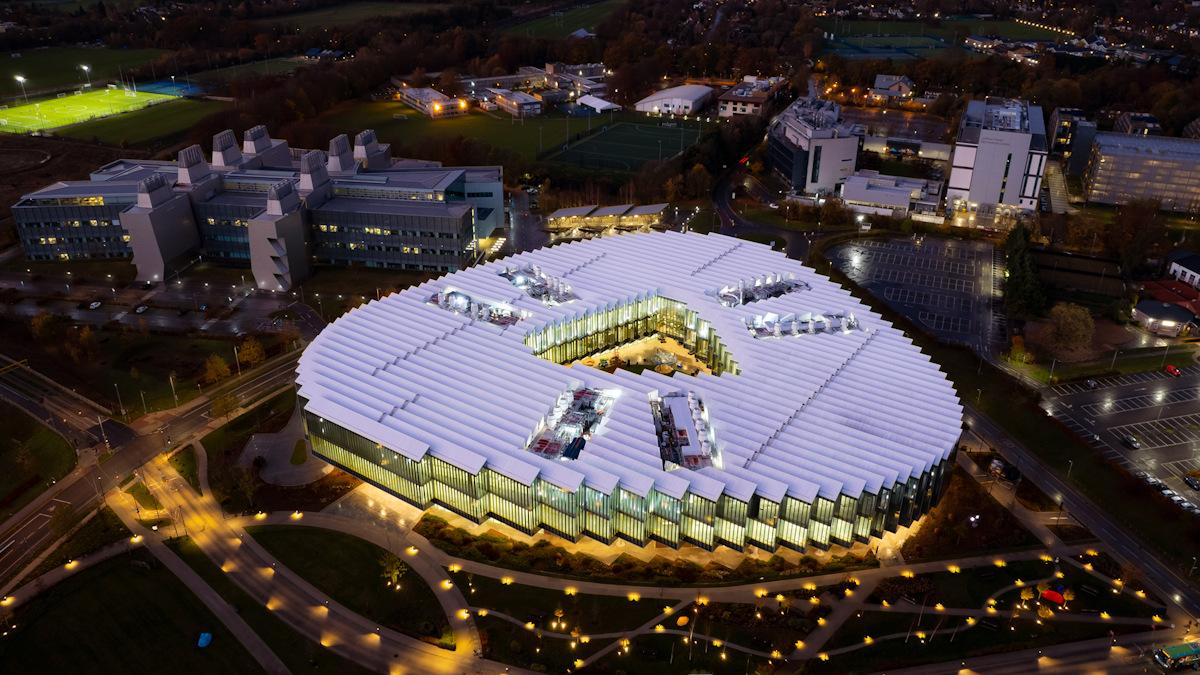AZ backs up threat of manufacturing shift from Europe

AstraZeneca's Discovery Centre in Cambridge, UK
AstraZeneca has said it is considering a shift in the production of some medicines from Europe to the US in order to sidestep potential tariffs on imports introduced by the new US administration.
Chief executive Pascal Soriot said that the company, which already operates 11 manufacturing sites in the US, is planning "even greater" investment in the US on the production of medicines destined for US domestic use. Pharma is currently exempt from the tariffs, but President Donald Trump has repeatedly said they are on the way.
Soriot's comments follow a strongly worded open letter to the European Commission by the CEOs of Novartis and Sanofi, calling for prices in Europe to rise in order to stimulate innovation and support investment, as well as a poll of 18 European large drugmakers that warned of an exodus in manufacturing and R&D capital investments, unless pharma legislation is reformed.
AZ has already thrown down a marker for its tougher stance on Europe, with an earlier decision to abandon a $560 million vaccine manufacturing plant initially intended for the UK, sparking speculation it may shift that investment to the US. It also recently unveiled a plan to build a sixth R&D centre in China.
At the moment, most AZ medicines sold in the US are produced there as well, although, there is "a minority" that are made in Europe or China, according to Soriot, who asserted that, without a greater contribution from Europe on pharma innovation, "manufacturing [and] R&D jobs are going to move to the US over time."
He echoed comments made by other pharma CEOs in saying that the cost impact of the current tariff regime – centred around a flat 10% on imports with some countries like China set at a much higher rate – will be relatively modest and won’t stop AZ meeting its revenue and profit targets for full-year 2025.
In the first quarter, AZ reported sales up 7% to $13.6 billion, slightly below analyst expectations, fuelled by a 34% rise in Daiichi Sankyo-partnered Enhertu (trastuzumab deruxtecan) to $596 million and a two-fold increase for Truqap (capivasertib) to $132 million, both cancer therapies.
There was disappointing news for the latter drug, however, after the company revealed it was discontinuing the CAPItello-280 trial in metastatic castration-resistant prostate cancer (mCRPC), after concluding that it was unlikely to deliver a positive result.
Sales in China were up 5%, reversing recent declines, and AZ also revealed that a longstanding investigation into its Chinese activities by the authorities has been largely resolved with a possible fine of up to $8 million, but no legal action expected over claims that it infringed laws on the use of personal information.












